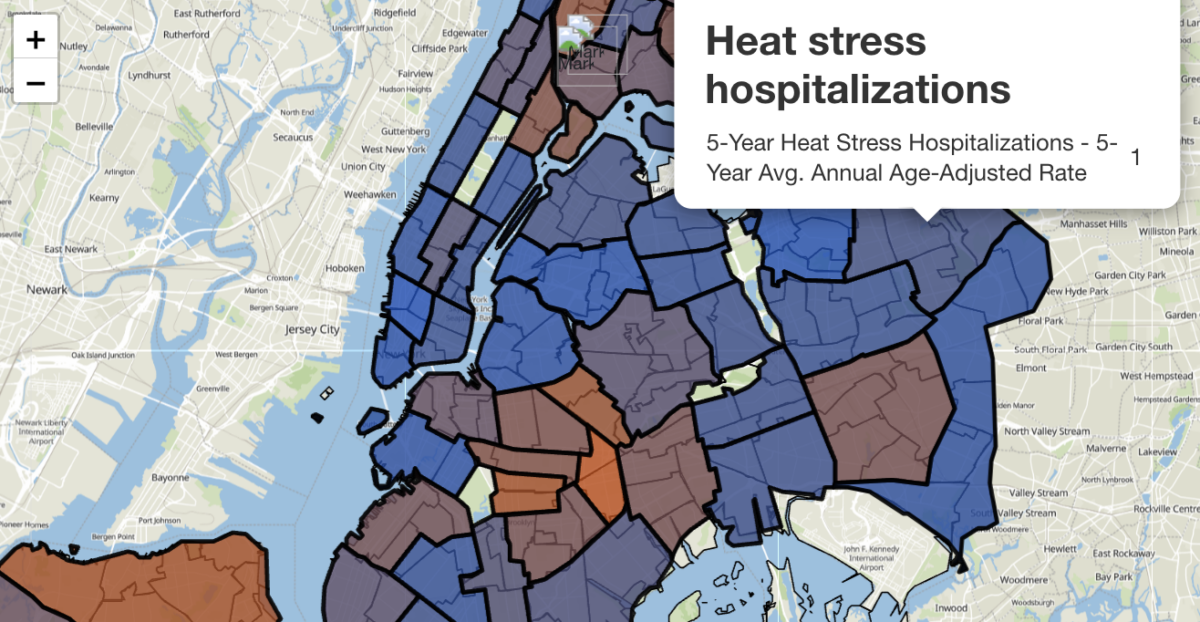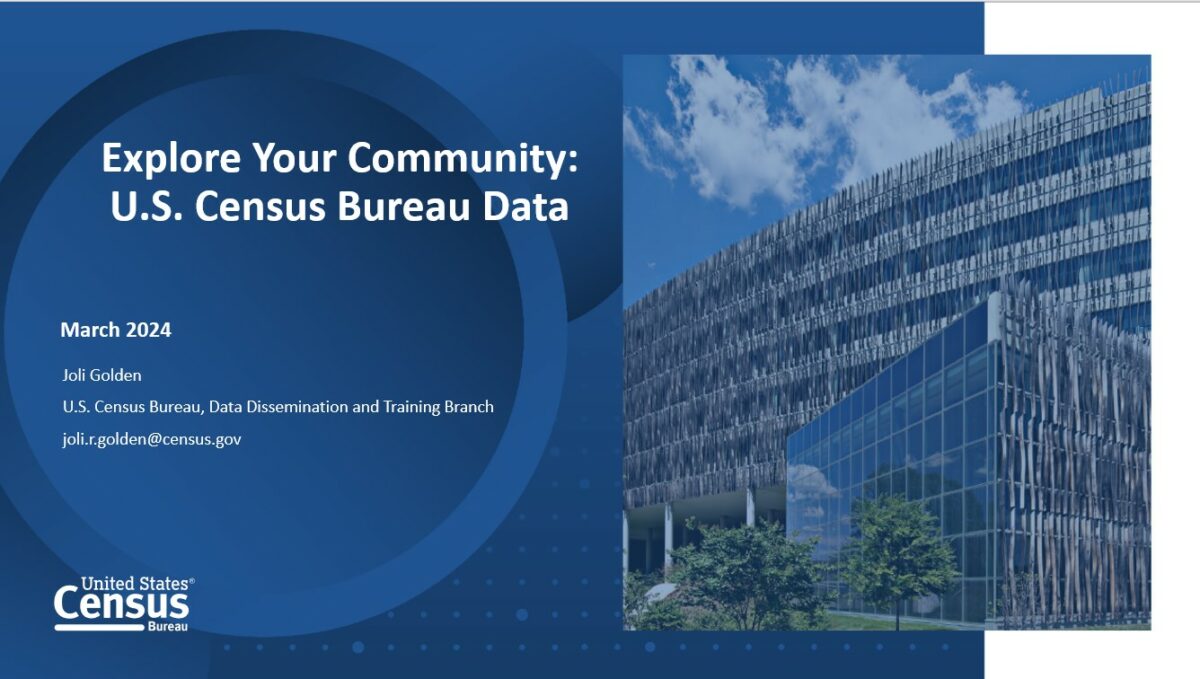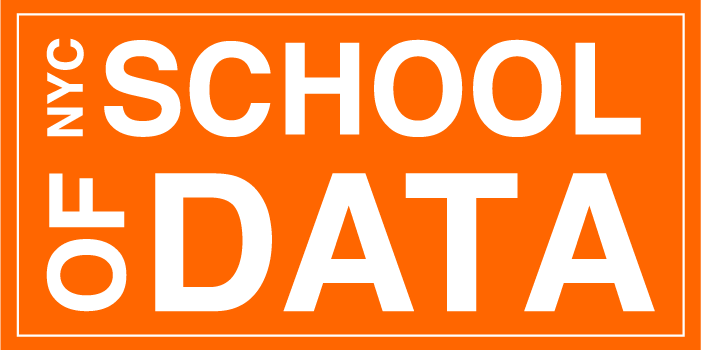Learn how Heat Story—an interactive tool that maps the inequitable impacts of extreme heat—was built using open source tools and brought to life via community science and stories, in collaboration with South Bronx Unite.
When New Yorkers’ own stories about how heat has affected their neighborhoods, commutes, and homes are overlaid onto a map rich with open datasets exploring racist housing policies, income inequality, heat-related illness, and more, the impact of the compounding inequities that influence the effects of heat is made both personal and global for cities everywhere.
The process of translating this tool into a government data feature involved monthly meetings between the NYC Health Department (Emily Torem, Matthew Montesano, and Chris Gettings); principal investigator Dr. Liv Yoon; and software engineer Thomas Zinckgraf, to discuss the visual direction and user interaction; and then an iterative process of pushing changes through a Github repository, testing them out, and making further changes as a team. Through sharing this process with you, we hope to illuminate some of the mechanics of open data projects between different stakeholders to help advance equity in the environment, health, and climate spaces.
Join this presentation to hear from the team behind Heat Story as they:
- Talk through building an interactive climate data feature using open source tools and a hands-on approach
- Share techniques for community engagement around climate topics like heat-related illness and inequities
- Explain how you or someone you know can share your story with this living project and help humanize the impacts of heat in NYC
- Discuss why and how mapping climate and health indicators like air quality, neighborhood poverty, heat stress hospitalizations, heat vulnerability, AC access, and more is such a powerful tool for climate justice communication and advocacy
- Answer any questions you may have about starting related projects






